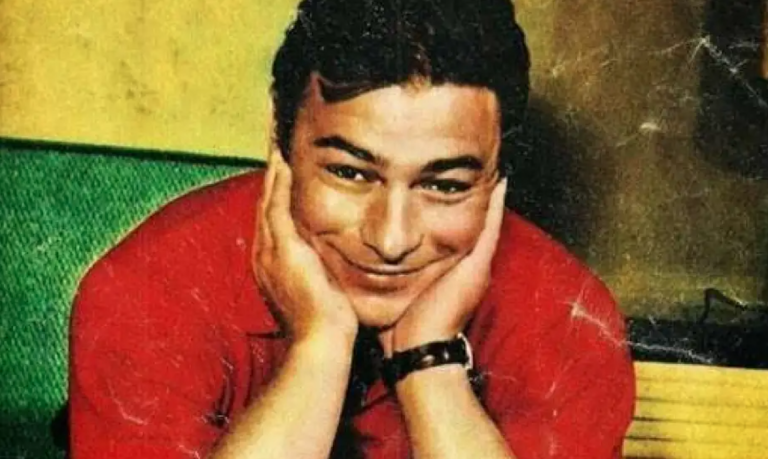Thirteen years have passed since the death of Ahmed Ramzy (1930–2012), yet his legacy in Egyptian cinema continues to resonate. Known as fatā al-shāsha al-awwal—the screen’s top heartthrob—Ramzy captured the spirit of youth, rebellion, and effortless charm during the golden age of film.
His anniversary reminds us of a body of work that helped define an era, from romantic dramas and light comedies to more layered portrayals that reflected the shifting moods of Egyptian society. For generations of audiences, his presence on screen was not only entertainment but also a mirror of modern Egyptian identity in the mid-20th century.
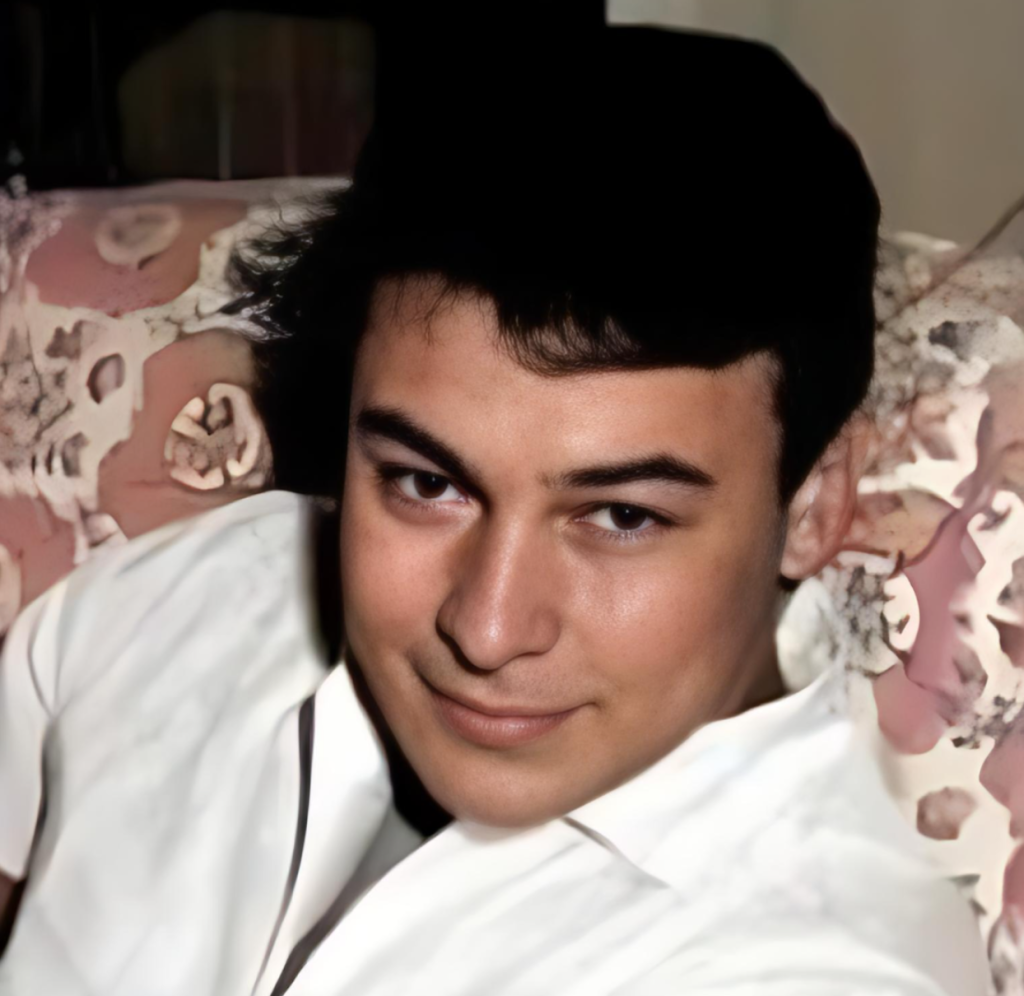
Where the Dream Began
Ahmed Ramzy was born on March 23, 1930, under his full name Ramzy Mahmoud Bayoumi Masoud, to an Egyptian father and a Scottish mother. He grew up in Alexandria, attended Orman School and later Victoria College, before enrolling in medical school. After three years, however, he struggled to keep up with his studies and eventually switched to the Faculty of Commerce, where he graduated.
His entry into acting was almost accidental. A childhood friend of actor Omar Sharif, the two shared a love for cinema, which planted the idea of Ramzy joining the industry. At first, he met director Youssef Chahine in a casual gathering, but no opportunity arose. Later, however, director Helmy Halim discovered him and offered him his debut role in Ayamna El Helwa (1955), alongside Faten Hamama.
From then on, Ramzy carved a niche for himself as the charming, mischievous young man—the romantic lead with a lighthearted presence who appealed strongly to the youth of his time.
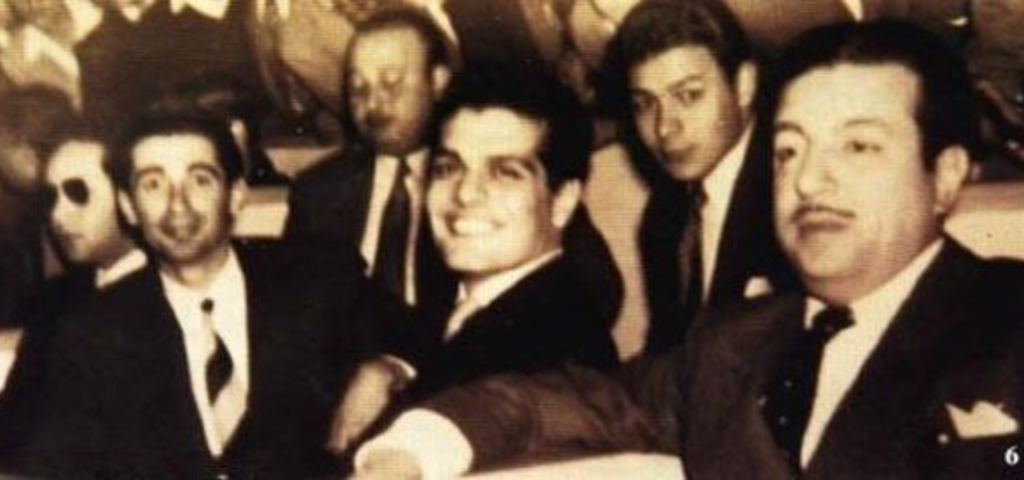
Career Highs and Setbacks
Over two decades, Ramzy starred in dozens of films that solidified his reputation as one of cinema’s most beloved “screen boys.” His filmography includes Seraa Fel Mina, al-Wesada al-Khalya, al-Naddara al-Sawdaa, and Tharthara Fawq al-Nil.
But his career was not without pauses. By the late 1970s and 1980s, as new stars like Nour El-Sherif and Mahmoud Abdel Aziz emerged, Ramzy gradually stepped away from the spotlight. Still, he returned occasionally: in the mid-1990s with Qett al-Sahra’, later in El-Warda El-Hamra (2000), in the TV series Wajh El-Qamar (2000), and finally in Hanan wa Haneen (2007), reuniting with his old friend Omar Sharif.
Throughout his career, Ramzy proved remarkably versatile. Though widely remembered for his charm in romantic and youthful roles, he also ventured into more complex characters that reflected the evolving spirit of Egyptian cinema. From lighthearted comedies to socially grounded dramas, his performances helped shape the golden age of film alongside contemporaries like Omar Sharif, Faten Hamama, and Shukry Sarhan.
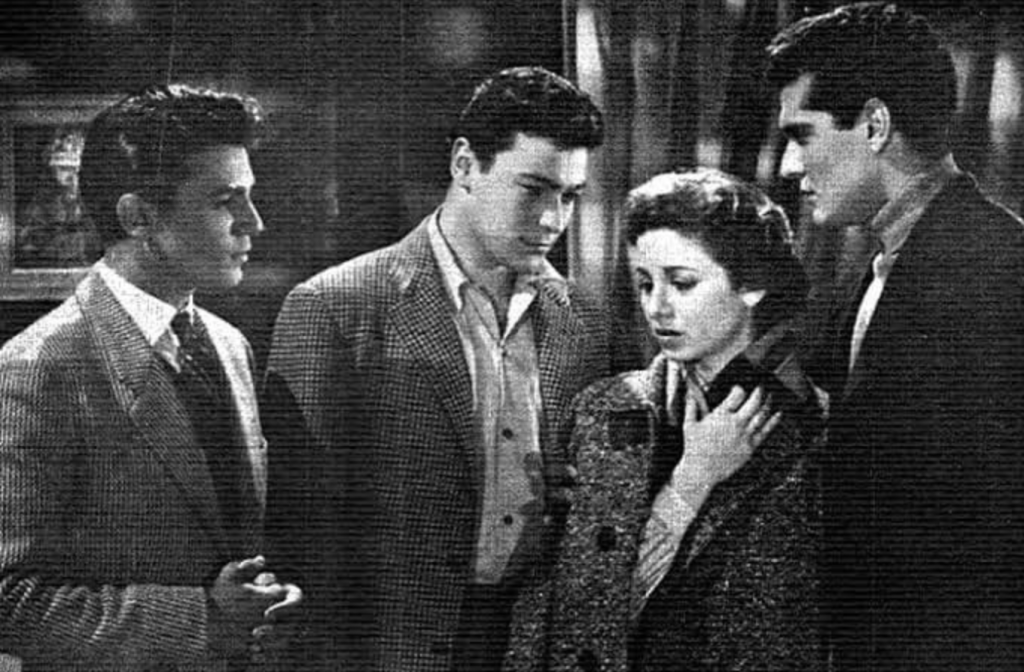
Final Moments and Quiet Passing
On Friday, September 28, 2012, while preparing to attend Asr prayer at his home in the North Coast, Ramzy suddenly lost balance and collapsed in the bathroom. The fall caused a brain hemorrhage that led to an immediate stroke and his death.
His daughter Pakinam later recounted his last hours: he had woken up in the afternoon, asked for his morning routine as usual, but soon after entered the bathroom and faintly called for help. By the time others reached him, he was unable to move, and attempts to save him failed.
Ramzy had requested a modest funeral, away from media glare, and to be buried in the North Coast. His wishes were respected: the funeral was attended quietly by close relatives and friends. Local residents and workers who knew him in the area spoke of his kindness and humility, remembering him as someone warm-hearted despite his fame.
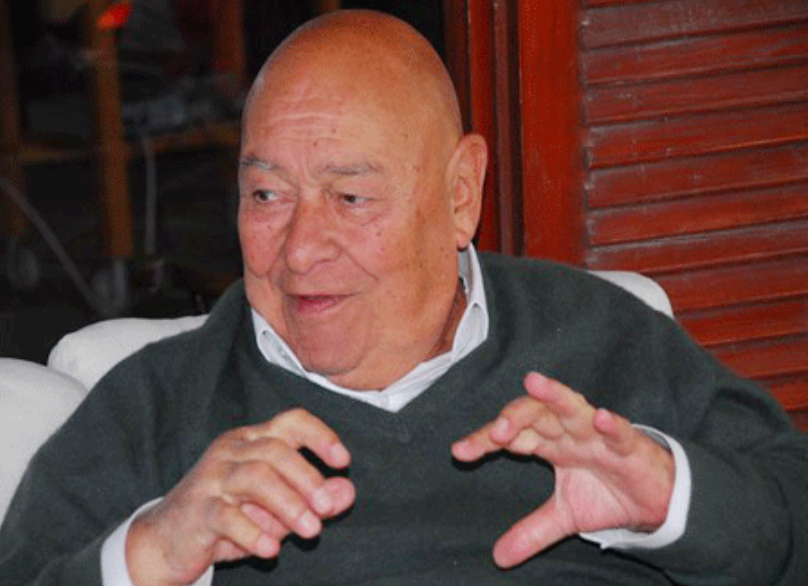
A Lasting Legacy
Even years after his passing, Ahmed Ramzy remains etched in the memory of Arab cinema. He embodied an era often called the “golden age,” when he was the mischievous boy-next-door, the handsome romantic, and the dreamer of the silver screen.
Ramzy was not just an actor but also a familiar face of Egyptian cinema, and his work continues to find new audiences. Remembering him means looking back at both his films and his quiet decision to step away from the spotlight in his later years.
WE ALSO SAID THIS: Don’t Miss.. Remembering Fouad El-Mohandes: A Legacy of Laughter That Lives On


